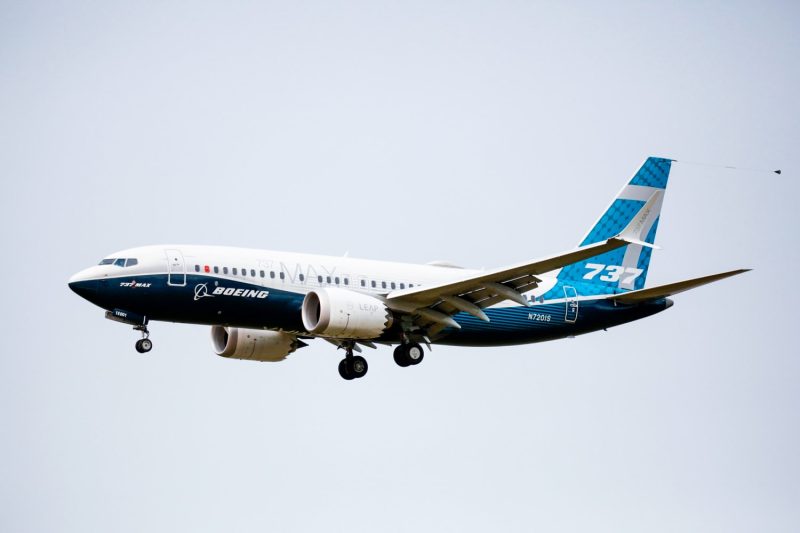In a recent development regarding the legal repercussions of the Boeing 737 Max crashes, the court has rejected the plea deal proposed by Boeing. This decision marks a significant turning point in the ongoing legal battle surrounding the two fatal crashes that occurred in 2018 and 2019, resulting in the death of 346 individuals. The court’s decision to reject the plea deal signifies a pivotal moment in the pursuit of justice for the victims and their families, as well as in holding corporations accountable for their actions.
The plea deal proposed by Boeing would have required the company to pay a substantial fine in exchange for the charges against them being dropped. However, the court’s rejection of this deal sends a strong message that the severity of the incidents cannot be simply resolved through monetary compensation alone. The court’s decision highlights the need for a thorough examination of the underlying causes of the crashes and the accountability of those involved.
One of the key issues at the heart of the Boeing 737 Max crashes is the faulty Maneuvering Characteristics Augmentation System (MCAS) software, which was found to have played a significant role in both incidents. The system was designed to automatically adjust the aircraft’s angle of attack to prevent stalls, but it malfunctioned in both crashes, causing the planes to nosedive uncontrollably. The investigation into the crashes revealed that Boeing had failed to adequately inform pilots about the existence of the MCAS system and the procedures to counter its malfunctions.
The court’s rejection of the plea deal reflects a larger trend towards holding corporations accountable for their actions, particularly in cases where public safety is compromised. The Boeing 737 Max crashes not only resulted in tragic loss of life but also eroded public trust in the aviation industry. By refusing to accept a plea deal that would have allowed Boeing to avoid a full trial, the court has demonstrated its commitment to upholding justice and ensuring that those responsible for the crashes are held to account.
Moving forward, the court’s decision to reject Boeing’s plea deal is likely to have far-reaching implications for the aviation industry as a whole. It underscores the importance of rigorous safety standards, transparent communication, and accountability in ensuring the safety of air travel. It also serves as a reminder that no amount of financial compensation can fully address the human cost of preventable tragedies such as the Boeing 737 Max crashes. Ultimately, the court’s decision sends a clear message that justice must prevail, even in the face of powerful corporations seeking to evade responsibility.

